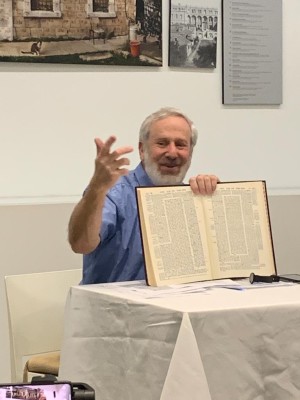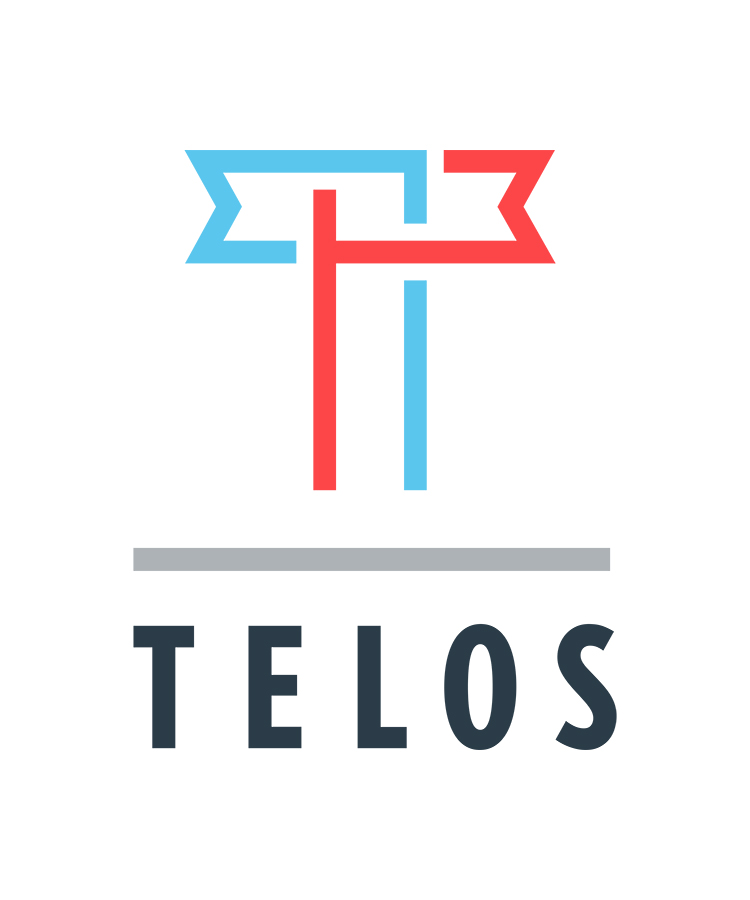A Passover Reflection from Rabbi Shimon Felix
 The Coronavirus pandemic has hit everyone very hard, and made our lives more than a little surreal. Here in Israel, there is a particular weirdness in the fact that we are experiencing all this during the run-up to Passover, a major holiday, celebrated by just about all Israeli Jews, beginning with a large family meal – the Passover Seder [Order] – full of ritual foods, songs, Torah study, and prayers.
The Coronavirus pandemic has hit everyone very hard, and made our lives more than a little surreal. Here in Israel, there is a particular weirdness in the fact that we are experiencing all this during the run-up to Passover, a major holiday, celebrated by just about all Israeli Jews, beginning with a large family meal – the Passover Seder [Order] – full of ritual foods, songs, Torah study, and prayers.
Normally, we would now be in the final stages of a riot of shopping, cleaning, cooking, and all the other preparations for the big night and the ensuing seven day holiday. In this year of the virus, it’s all happening from home, with quick, nervous, masked and gloved sorties out to the markets, late night deliveries from overworked and much appreciated delivery men. It’s punctuated by online interactions with friends and family and depressing updates on the situation from various media, and with the knowledge that we will be having strange, solitary Seders, without children, grandchildren, family and friends, who will all be home alone with their nuclear families. For those not so strict about Jewish religious law, or with special needs, there will be Zoom seders, and a very large, nation-wide, televised one, which is great, but really not the same.
Another element to the strangeness of all this is the fact that, on the night of the Seder, we will be paralleling the first Seder, described in Chapter 12 of the Book of Exodus. That Seder took place as God was killing the first born of Egypt, while the Israelites were at home, eating the Passover lamb, the Matza, and the bitter herbs, with doors shut and marked by the blood of the lamb, safe from the plague raging outside, ready for divine delivery from slavery.
The parallel to our situation is obvious: On Passover night, there will be a plague raging outside, as we celebrate our unusually intimate family Seder, safe, passed over by the plague, hopefully, as long as we stay inside.
The difference is obvious as well. The Israelites were secure in the knowledge that the plague of the first born was a punishment for centuries of Egyptian oppression, brutality, and infanticide, and that, as long as they stayed in their homes, busy with the rituals mandated by God, they would be safe, and soon free. The Coronavirus is not a clear example of divine justice—it punishes the good and the evil, the innocent as well as the guilty, and does not pass over any specific group (except for those who STAY HOME), as much as some of us might believe or hope it might, and is not in the service of any impending redemption.
So is the parallel really not a parallel? Is there nothing to be learned from the fact that on this Seder night we will, again, be huddled in our homes as a deadly plague rages outside, just as the Israelites were in Egypt?
Perhaps we can produce a parallel ourselves. Perhaps we can use this Egypt-like experience, in which the plague is of our own making—through a long, sad chain of human negligence, arrogance, greed, and self-interest—to create a redemption of our own making, an auto-emancipation, to borrow Pinsker’s early Zionist term. To commit ourselves, at the Seder, to creating our own Exodus, to leave behind the systems, behaviors, and actions which caused and exacerbated this plague and which cause so many others. The plague of the destruction of our planet. The plague of poverty and oppression, of greed. The plague of the inequality of opportunity, of education, of medical care. The plague of baseless hatred, and the absence of brotherly love. That is what is raging outside our doors, and that is what we must redeem ourselves from, on this strange and mournful Passover.
